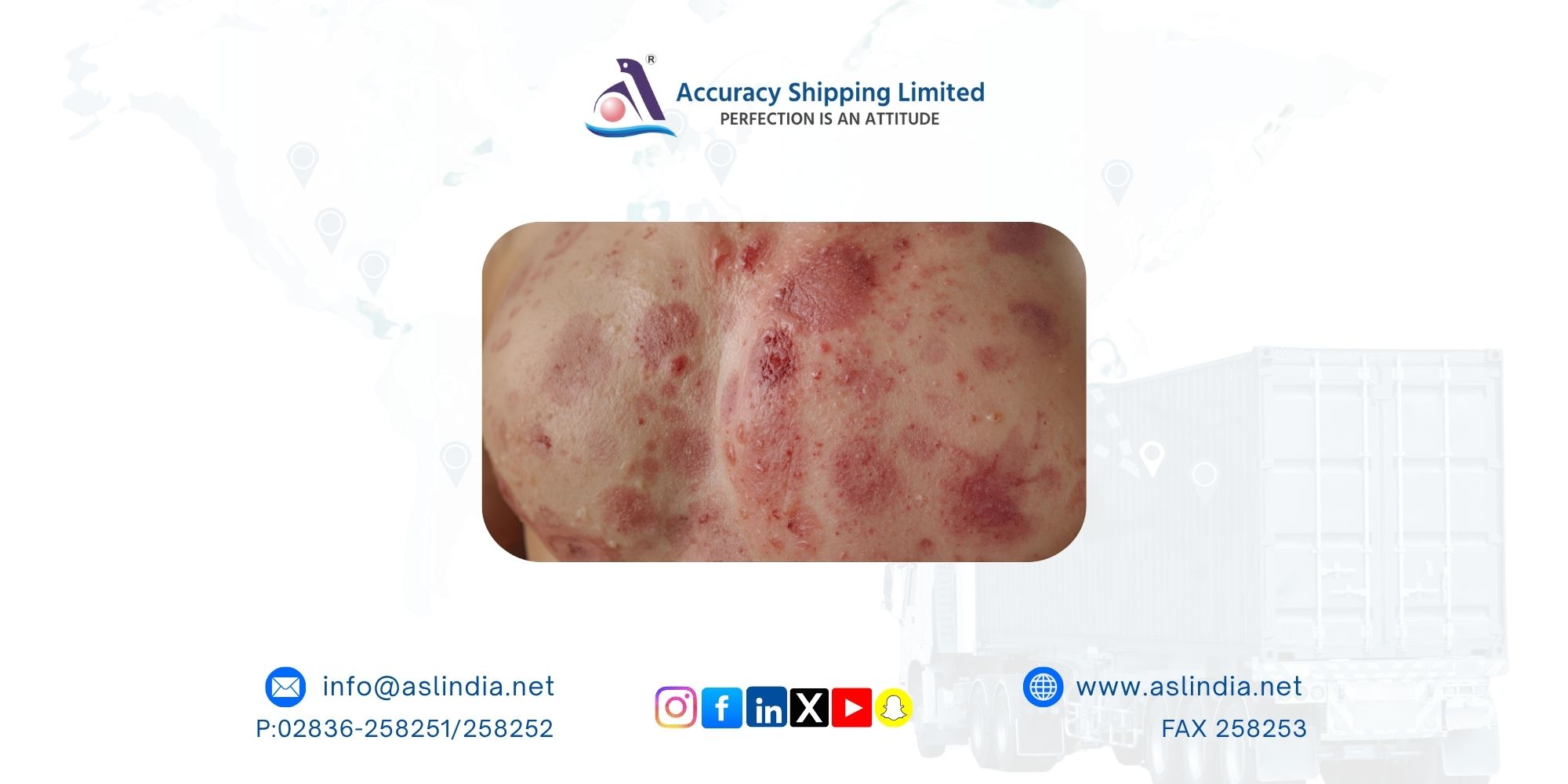World Psoriasis Day 2025: Understanding the Domino Effect of Psoriatic Disease

Every year, October 29 is observed globally as World Psoriasis Day, a day dedicated to spreading awareness about psoriasis a chronic, inflammatory, and non-communicable disease that affects not only the skin and nails but also the joints and internal organs. Behind every psoriasis flare lies a story of pain, resilience, and the urgent need for holistic healing. Far from being just a cosmetic issue, psoriasis is a systemic condition that profoundly impacts both physical and mental well-being.
The 2025 Theme: Psoriatic Disease and Comorbidities – Understanding the Domino Effect
The theme for World Psoriasis Day 2025 “Psoriatic Disease and Comorbidities – Understanding the Domino Effect” highlights the intricate link between psoriasis and several serious health conditions such as cardiovascular disease, diabetes, non-alcoholic fatty liver disease (Metabolic Associated Liver Disease – MALD), metabolic syndrome, and mental health disorders. It emphasizes the importance of early diagnosis, routine screening, and an integrated, multidisciplinary approach to treatment that goes beyond managing visible symptoms.
The Indian Scenario: A Hidden Epidemic
In India, psoriasis affects between 0.44% to 2.8% of the population, with some regions, like Kashmir, reporting rates up to four times higher. Despite its growing prevalence, psoriasis remains under-recognized and misunderstood. The disease can manifest in several forms from mild scaly plaques to severe, life-threatening erythrodermic or pustular psoriasis. Many patients also develop complications such as psoriatic arthritis, NAFLD, metabolic syndrome, and depression. Vulnerable groups include children, pregnant women, and individuals from lower socioeconomic backgrounds.
Stories of Strength Amidst Struggle
Behind the statistics are real people facing unimaginable challenges.
Asma, a young girl from North Kashmir, has battled pustular psoriasis since childhood. Repeated hospitalizations have interrupted her education and affected her mental health.
Rashid, a daily-wage worker, lives with chronic plaque psoriasis. Frequent flare-ups make it hard for him to work, pushing him into financial and emotional distress.
Sara, who had a history of intrauterine death, developed pustular psoriasis during pregnancy. Despite medical care, she tragically lost her unborn child due to placental insufficiency, a known complication of this severe form.
A teenage boy, stigmatized and misinformed, resorted to self-medicating with topical steroids, leading to skin damage, ulcers, and severe side effects a stark reminder of the dangers of unsupervised treatment.
These stories shed light on the urgent need for awareness, empathy, and accessible treatment.
SKIMS Medical College, Bemina: Leading the Fight Against Psoriasis
The Department of Dermatology at SKIMS Medical College, Bemina has been at the forefront of psoriasis management and advocacy. The department runs a dedicated Psoriasis Clinic every Saturday, alongside daily OPD and IPD services.
Key initiatives include:
Nailfold capillaroscopy to detect early joint involvement.
Screening for fungal infections in psoriatic patients.
NAFLD screening to monitor liver health in chronic cases.
With a high-end phototherapy unit and advanced biological therapies such as secukinumab and ixekizumab, many patients who once saw no relief from conventional treatments are now experiencing significant improvement. The department also conducts seminars and CME programs to educate healthcare professionals about the complexities of psoriasis and its comorbidities.
Breaking Myths and Building Awareness
Psoriasis is not contagious. Yet, myths and stigma continue to isolate patients socially and emotionally. Public education campaigns can help dispel these misconceptions and prevent dangerous practices like self-medication. Awareness at the community level is vital to ensure early diagnosis and proper management.
A Call for Policy Support and Compassionate Care
The burden of psoriasis extends beyond health it affects livelihoods, families, and mental well-being. Policymakers must recognize this socioeconomic impact and take steps to improve access to affordable medications, healthcare funding, and patient education, especially in resource-limited regions.
A Message for World Psoriasis Day 2025
On this World Psoriasis Day, let us reaffirm our collective commitment to understanding psoriasis not just as a skin condition but as a systemic disease that demands empathy, early intervention, and comprehensive care. Behind every flare is a story and every story deserves awareness, dignity, and healing.







